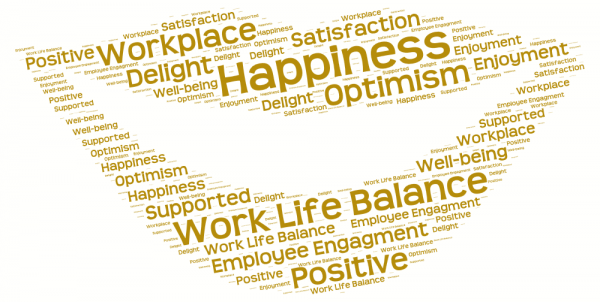Dr. Deanna Geddes
There’s an unlikely emotion that acts as the moral compass of a workplace. According to a researcher from Temple University’s Fox School of Business, it’s anger.
Dr. Deanna Geddes’ conceptual research delves into moral anger, an emotional expression that is geared toward the improvement of the human condition within the workplace. She and fellow researcher, Dr. Dirk Lindebaum of the University of Liverpool, (now Cardiff University), proposed a new definition for moral anger within their research paper, “The Place and Role of (Moral) Anger in Organizational Behavior Studies,” which was published online December 2015 in the Journal of Organizational Behavior.
The Chair of Fox’s Department of Human Resource Management, Geddes said employees potentially place at risk their jobs, careers, and companies for which they work when moral anger motivates actions that expose inappropriate circumstances at work.
Where moral anger varies from expressions of personal anger, she said, is in the identification of the subject who is suffering from workplace injustice and improprieties.
“It’s important to note that, with both moral anger and personal anger, social norms are violated and likely people were treated unfairly,” she said. “But instances of moral anger prompt action when you witness an incident that impacts someone else more than it impacts you. Speaking out on behalf of others is the core differentiator.
“Moral anger isn’t a self-serving type of anger expression. It’s the opposite. It’s someone’s response when another is being treated unfairly or being bullied, for example. Moral anger triggers corresponding action that is not intended to cause further harm, but instead to help repair the situation.”
Often an employee who expresses anger at work is viewed as “an out-of-control and hostile deviant,” Geddes notes. However, unless it’s a common occurrence, Geddes’s research found that those who express anger in the workplace are likely to be a company’s most-committed and most-loyal employees.
That’s because moral anger is a fairness-enhancing emotion, through which employees can act with the wellbeing of others in mind. Geddes said moral anger has the potential to restore equity, protect dignity, improve working conditions, and rectify damaging situations.
She and Lindebaum reviewed literatures on similar anger constructs, including those which pertained to moral outrage and moral conduct, to see how moral anger differentiated. Then, they reviewed literature pertaining to expressions of anger, to arrive at a more-practical “redefinition,” she said.
“Moral anger, by our definition, is not intended to avenge an individual person’s slights,” Geddes said. “It is to demonstrate that the human condition within an organizational environment can be improved. That’s truly the goal and the social function of moral anger – to defend those who are vulnerable.”

